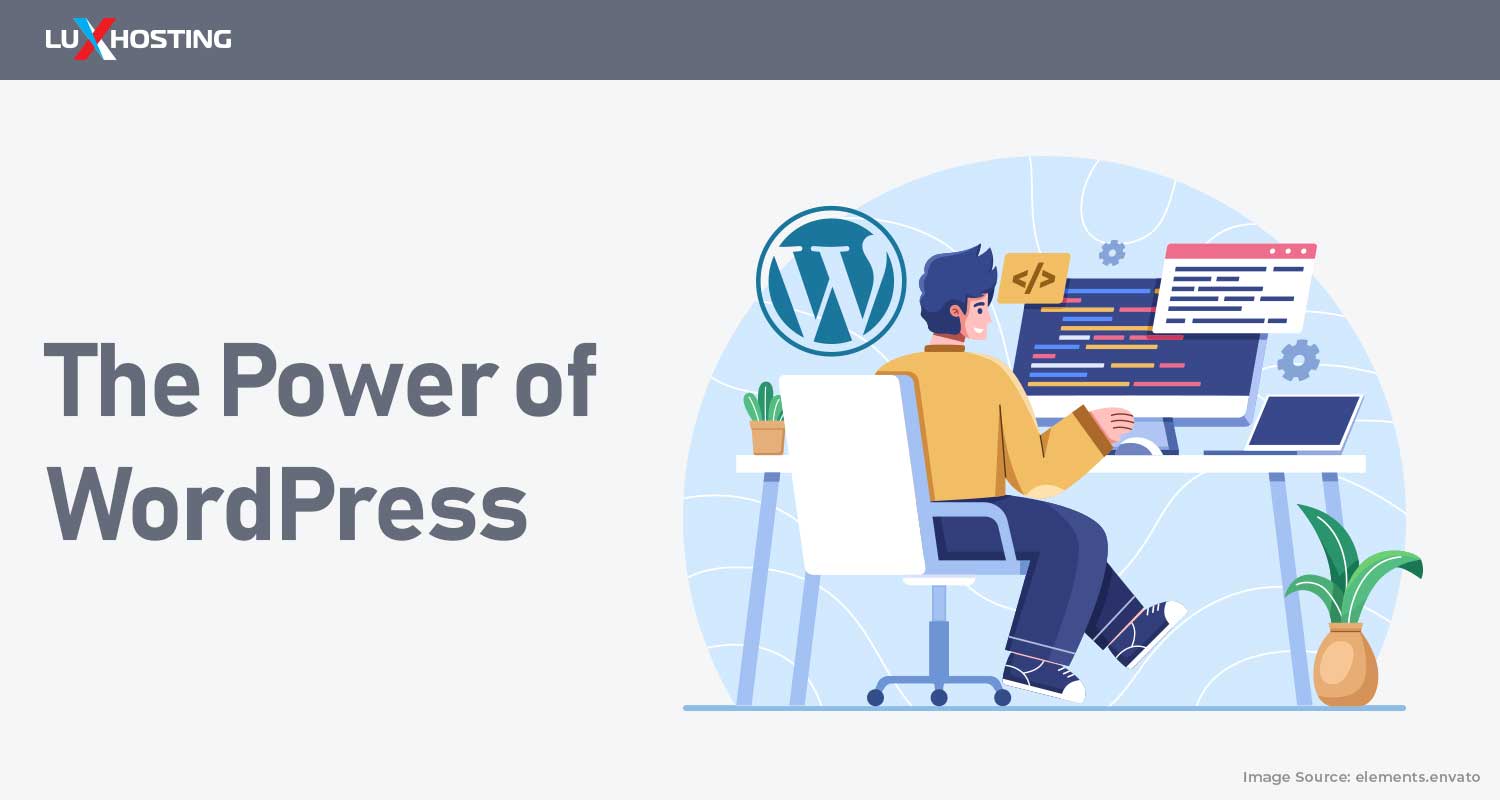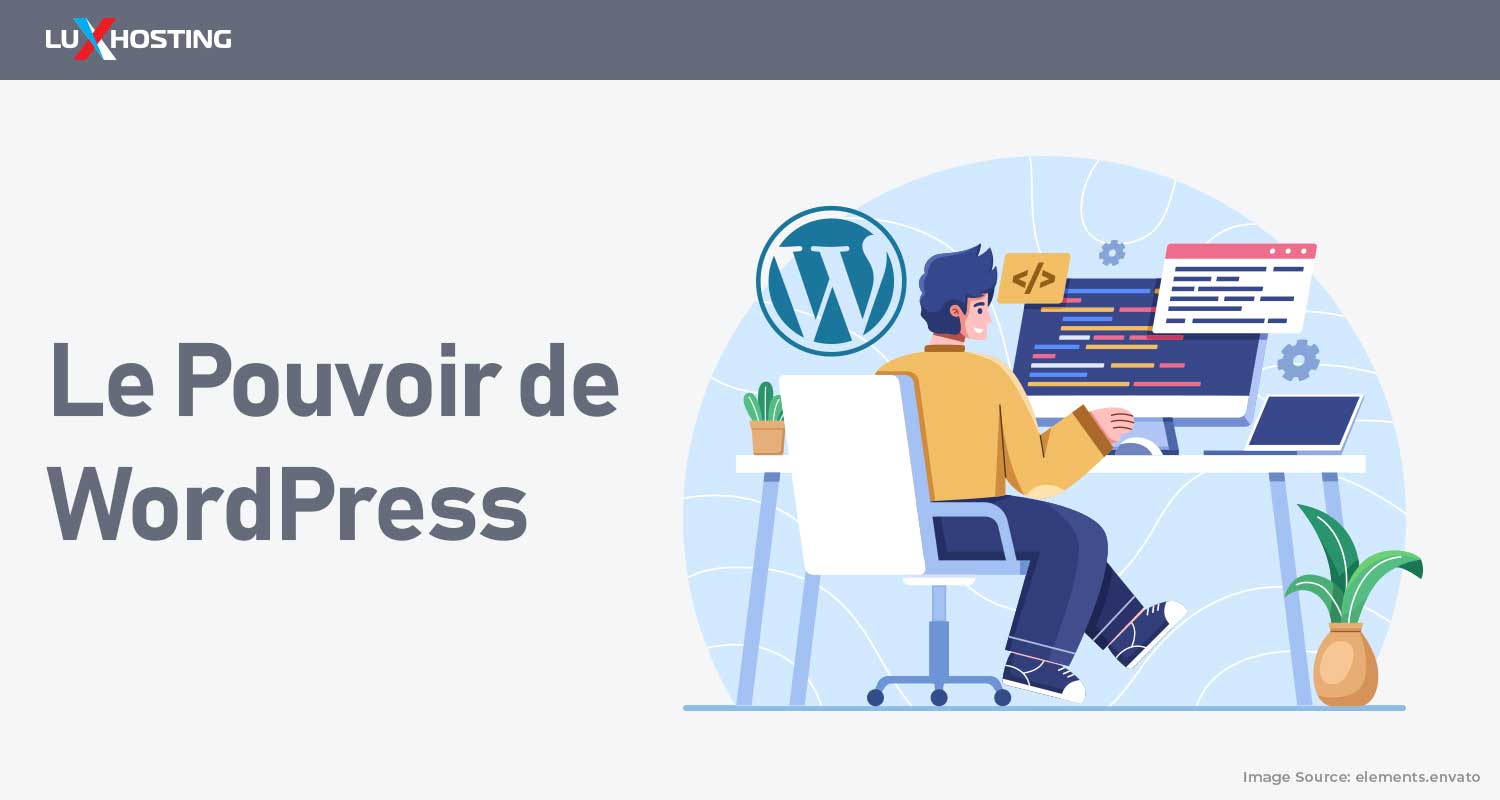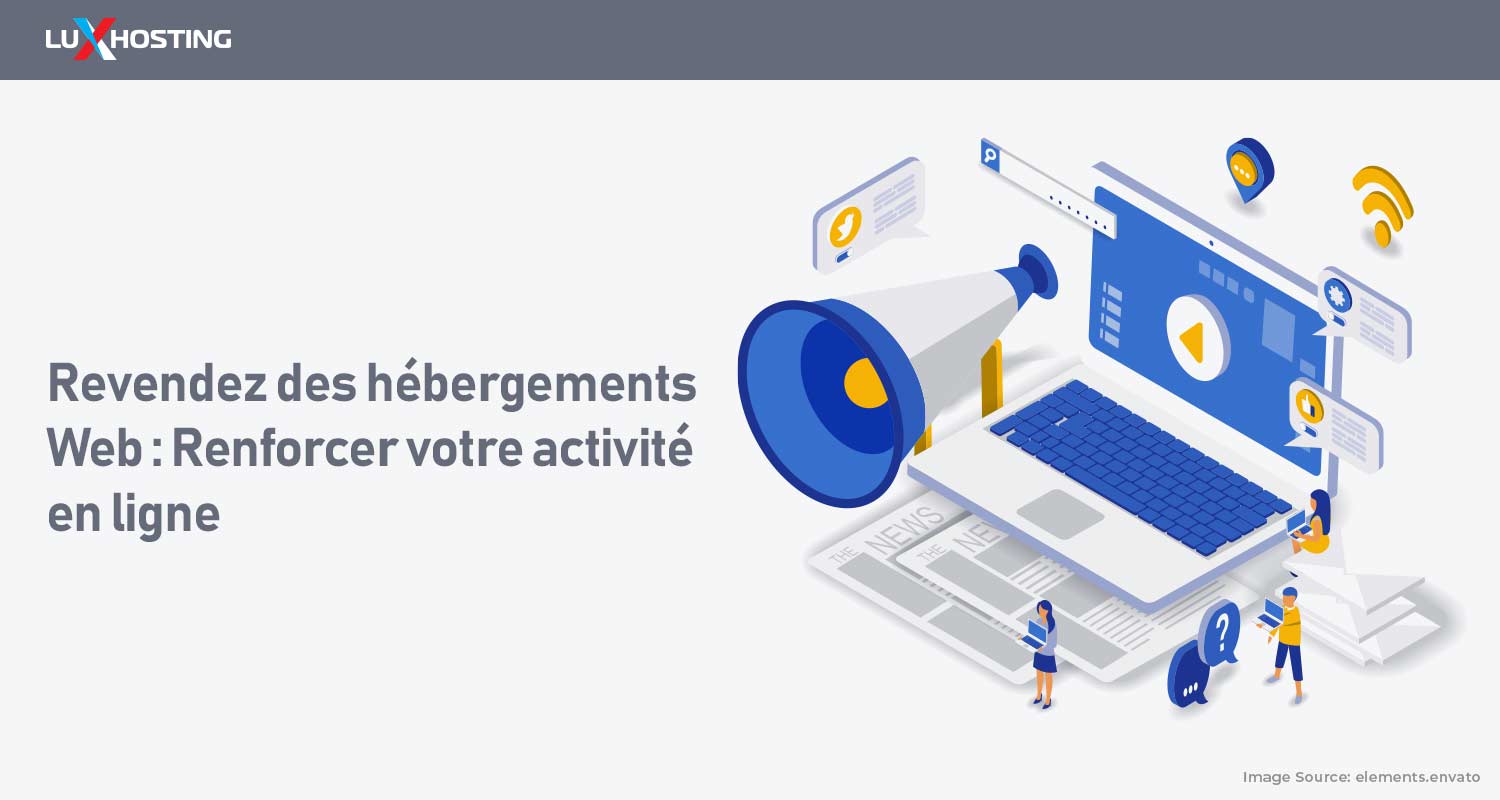Any good SEO tool will tell you that when your webpages load slow, you lose visitors fast. So, if your website takes upwards of five seconds to load, you need to give it a boost now. Luckily, if your webpages load slow, the culprit is likely one of the problems on this list, so you should be able to figure it out and fix it in no time!
8 reasons your webpages load slow
1. You have slow hosting
If your website started loading slowly just when you started getting more visitors, it’s time to upgrade to VPS hosting. Most people start out with shared hosting when they get their first website – and that’s fine! Shared hosting is perfect for smaller websites or for websites that don’t get much traffic. But the bigger your website gets, the more server resources it will need to load your webpages. So, if your website competes with thousands of other websites on a shared server, it’s no wonder your webpages load slow! VPS hosting has tons of advantages – and one of them is that it’s the easiest, quickest, and cheapest way to give your website a speed boost.
2. You haven’t optimized your images
High-resolution images eat up your bandwidth and make your webpages load slow. So, if your website is stuffed with massive image files, look no further for the culprit behind your slow-loading site. We’re not saying you shouldn’t use images on your webpages. It’s almost impossible to have good visitor engagement without having some kind of audio or visual file on each webpage. But before you publish your content, check the size of your files. Anything bigger than 1 MB will probably make your webpages load slow. The format of your images is also important.
JPEG images are smaller than PNG or GIFs.
So, your website will load much faster if most of your image files are stored in JPEG format – especially for your bigger images.
3. Your code is bloated
Say it with us: Minify. If your code is filled with white spaces, empty new lines, and comments that add nothing to your code, your webpages will load much more slowly than they need to. Minifying your code means stripping it of all these unnecessary elements so your webpages can load more quickly. If you know your way around your code, simply devote a couple weekends to cleaning up your code, and you’ll see an immediate boost in your website’s loading time. But if the thought of coding makes your head hurt, hire someone to help you.
4. Too many ads
Part of the reason you were looking forward to getting a bigger website in the first place is, so you could monetize it with some sweet ad revenue.
Too many ads will make your webpages load slow.
Therefore, if your webpages load slow, you lose visitors. Which means it won’t matter how many ads you have on your webpages, because nobody will see them! So, here’s the secret to getting more ad revenue without losing visitors: Experiment. Every website has a sweet spot for how many ads you can add before you start losing visitors. Experiment to find yours.
5. Too much flash content
Flash content is a great way to make your website more interactive, but it’s also one of the biggest reasons your webpages load slow. That’s because Flash files tend to be massive, and the bigger your website’s files, the slower your loading speed. To fix this, you can either remove Flash content altogether, convert your Flash files to HTML5 alternatives, or keep only the Flash content you need (and get rid of the rest).
6. Too many HTTP requests
Every single HTTP request is a drain on your website’s loading speed. So, the more JavaScript, images, and CSS files your website needs to load, the slower your pages will load for your visitors. Comb through your webpages to make sure you’re not asking your website to load anything that will cause an unnecessary drag on your loading speed.
Did you know? Most websites have more HTTP requests than are strictly necessary.
7. No caching
Caching means you store frequently used data points in the “cached memory”. This way, the next time your visitors need to access your website, they’ll be served content from the cached memory, which speeds up data retrieval. You can cache HTTP, images, and even database queries. So, if you find that your webpages load slow, using browser/HTTP caching and server-side caching are great ways to boost your loading speed.
8. You have a global audience (and no CDN)
The internet makes location less of an issue than it would usually be, but even online, location does matter. You see, the closer your visitors are to the server that stores your website, the faster your website will load for them. This is great for visitors who live close to your server, but you don’t need to wave goodbye to your overseas visitors just yet. You only need a CDN. A CDN (Content Delivery Network) is a network of servers located across the globe. They serve web content to visitors from whichever server is closest to them. This means that your visitors will experience a speedy website, no matter where they are.
Wrapping up
A slow-loading website is the fastest way to lose visitors. So, if your website has been loading slowly, go through the items on this list to give your website a much-needed speed boost!


